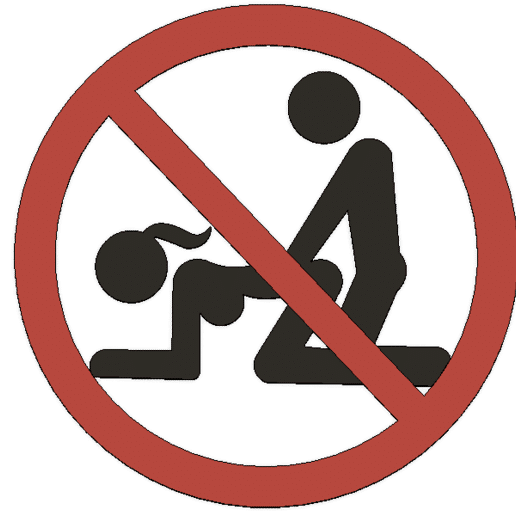It’s almost mid-day and madam Abdulai Hawa, a 60 year old physically challenged single mother is on her two acre beans farm, harvesting her produce.
Her farm is in the East Gonja District of the Savannah Region.
“I decided to go into farming and for the past 15 years, I have been farming to cater for myself and my children,” she says.
Aside beans farming, Madam Hawa also grows maize, cassava, okro, and groundnut.
She spends her entire day on the farm.
“I wake up around 6:30am each day to prepare to journey to the farm and return when I am done with the work on the farm depending on the nature of the farm work on that day,” she says.
She journeys on her tricycle which is in a very dilapidated condition on rocky and bad roads for about 3km to her farm which is on the outskirt of the Salaga township.
During my journey with madam Hawa, we had to stop and fix one problem or the other on the tricycle before arriving at the farm.
She drops off her tricycle and ties her legs with a plastic to enable her crow around the farm since she cannot walk.
I assisted her to do a little of her daily works at the beans farm by harvesting the dried beans into a container.
During the harvesting, she tells me about her educational background.
“I am a form four leaver. During my school days, my mates used to mock me because of my disability. Due to that I normally beat them with my walking stick but I couldn’t continue due to financial issues,” she says.
“I was later enrolled as an apprentice to do dress making but I could not continue due to my poor sight. I later ventured into petty trading but due to the lack of funds , i could not make progress in that sector as well,” according to her.
She tells me that she has three children one of whom has died. Currently, she lives with the surviving two children in Salaga.
She says her children could not continue their education due to lack of finance.
“I couldn’t finance their education and because of that they had to drop out of school,” she laments.
Asked how she goes about her land preparation, she says “I normally hire a tractor to plough for me and after that I organize some neighbors to help me to do the planting.”
“As for the weeds I normally work on it myself but it’s not been easy as you can see how hard the land looks and the rocky nature of it but now because of the availability of the Agro-chemicals for weeds I now buy then they spray it on my farms.”
She lamented about her old age, adding that she takes medicine anytime she goes back home from the farm because she is weak and has bad eyesight.
In Ghana’s capital Accra and other major cities like Kumasi, disabled persons like madam Hawa rely on begging for financial support on the streets to survive.
Appeal
But madam Hawa is defying the odds to provide for herself and children.
However, she believes with some degree of support, she could expand her operations and cater for other poor children, especially the youth.
“My tricycle is weak and it is very expensive fixing it. Any time it’s faulty like you saw we had to stop some couple of times to fix it,” she bemoans.
“If I get support to expand my farm it will enable me to also employ more people and encourage them to venture into farming to enable them earn something to cater for their families,” she assures.

She says the East Gonja Assembly supports persons living with disabilities but adds that the support is not enough.
The living conditions of persons with disabilities in Ghana is very challenging.
Despite government’s initiatives such as the Livelihood Empowerment Against Poverty(LEAP) program, disabled persons such as Madam Abdulai Hawa, continue to wallow in poverty.
Majority of them are not even aware of the disability fund, let alone access it.
By Eric Kombat, Salaga




















